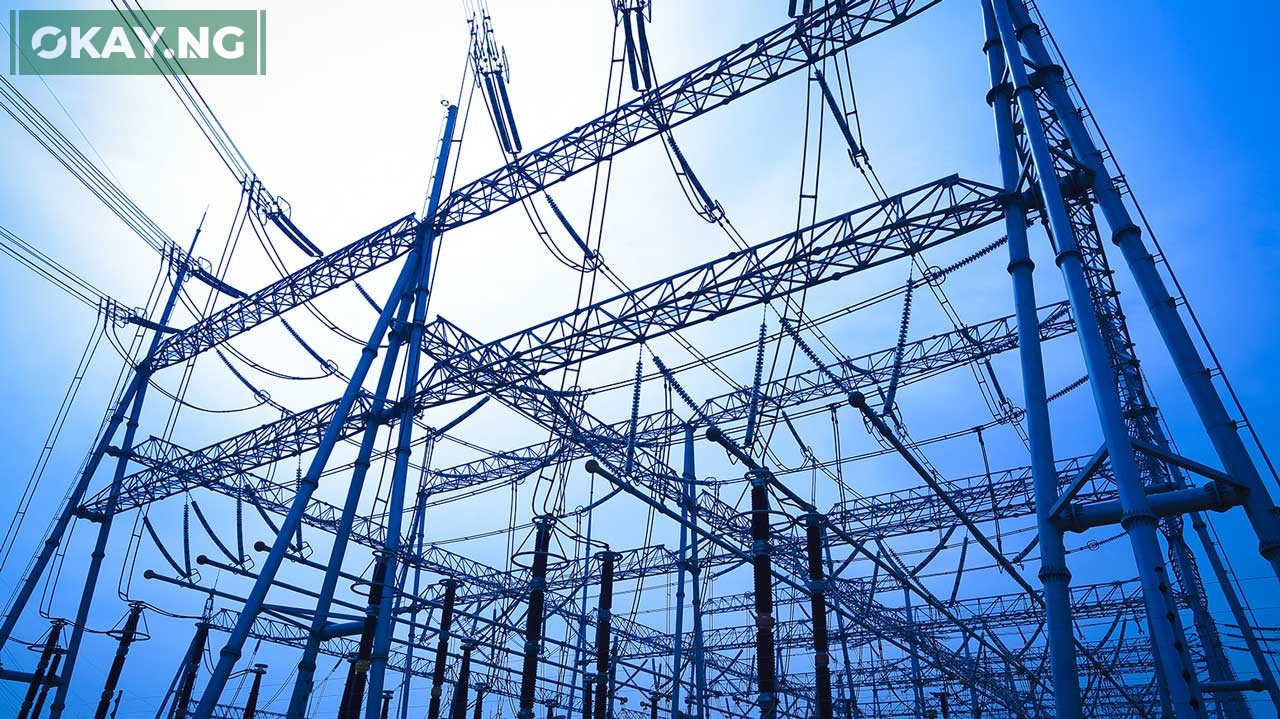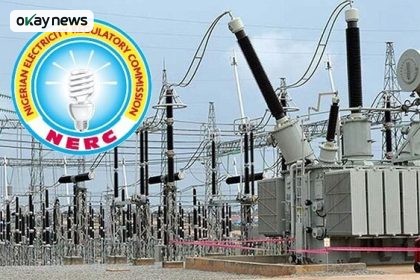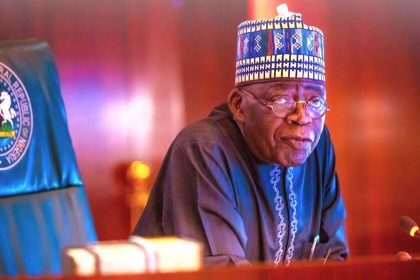The Forum of Commissioners for Power and Energy (FOCPEN) has denied reports that 24 states have withdrawn from implementing electricity reforms under the Electricity Act.
In a statement signed by FOCPEN Chairman and Cross River Commissioner for Power and Renewable Energy, Prince Eka Williams, and Acting Secretary and Kogi Commissioner for Rural and Energy Development, Engr. Mohammed Ihiezue Abdulmutalib, the forum, described the report published by The Guardian on September 23 as inaccurate and misleading.
The publication had alleged that some states were reconsidering their participation in the electricity market reforms due to tariff concerns and debt obligations. FOCPEN refuted the claim, stating that all states remain committed to the decentralised electricity framework introduced by the 2023 Act.
“Contrary to the impression created, no state has withdrawn or reversed its commitment to electricity market reforms. On the contrary, more states are actively engaging with the opportunities provided under the Electricity Act and are at different stages of legislation, regulatory formation, and market design,” FOCPEN said.
The forum noted that electricity reform is a gradual process aimed at ensuring accountability, efficiency, and reliable supply across the federation. It urged the media to reflect the actual progress made in various states rather than misrepresent ongoing efforts.
“The transformation of Nigeria’s electricity sector is a journey, not an event. FOCPEN and its member states remain fully committed to delivering on the promise of the Electricity Act,” it added.
The statement also reaffirmed collaboration with the Federal Ministry of Power, the Nigerian Electricity Regulatory Commission, development partners, and private investors to strengthen technical capacity and expand renewable energy access.
The Electricity Act, signed into law by President Bola Tinubu in June 2023, repealed the 2005 Electric Power Sector Reform Act and granted states the authority to regulate electricity within their territories. So far, 23 states have passed enabling laws, while 14 have received regulatory transfers from NERC.







